The Canadian High Arctic is one of the most remote and pristine regions on Earth. Defined by rugged terrain, towering glaciers, dramatic fjords, and drifting sea ice, it offers a raw and breathtaking Arctic experience.
Here, visitors follow in the wake of legendary explorers through the Northwest Passage, encountering rare wildlife, Indigenous history, and some of the planet’s most untouched landscapes
Canadian High Arctic overview
Geography & Climate
The Canadian High Arctic spans a series of large islands such as Ellesmere, Devon, and Baffin, characterised by mountain ranges, deep fjords, and tundra. This ecoregion lies well above the Arctic Circle and experiences long, cold winters and brief, cool summers. During the short summer cruising season (July–August), temperatures hover around 0°C to 5°C, with 24-hour daylight and occasional fog or ice cover.
Wildlife
This region is home to some of the Arctic’s most iconic animals. Polar bears, narwhals, walrus, and beluga whales roam the waters, while seabird colonies nest along steep coastal cliffs. Musk oxen and Arctic hares can be spotted on the tundra. Prince Leopold Island and the shores of Lancaster Sound are hotspots for marine and birdlife.
Activities
Expeditions through the Canadian High Arctic offer unforgettable experiences. Travellers explore by zodiac among glaciers and sea ice, visit Inuit communities, and walk across tundra landscapes rich in natural and cultural history. Some itineraries trace parts of the Northwest Passage, connecting explorers to the historic routes of Franklin and Amundsen.
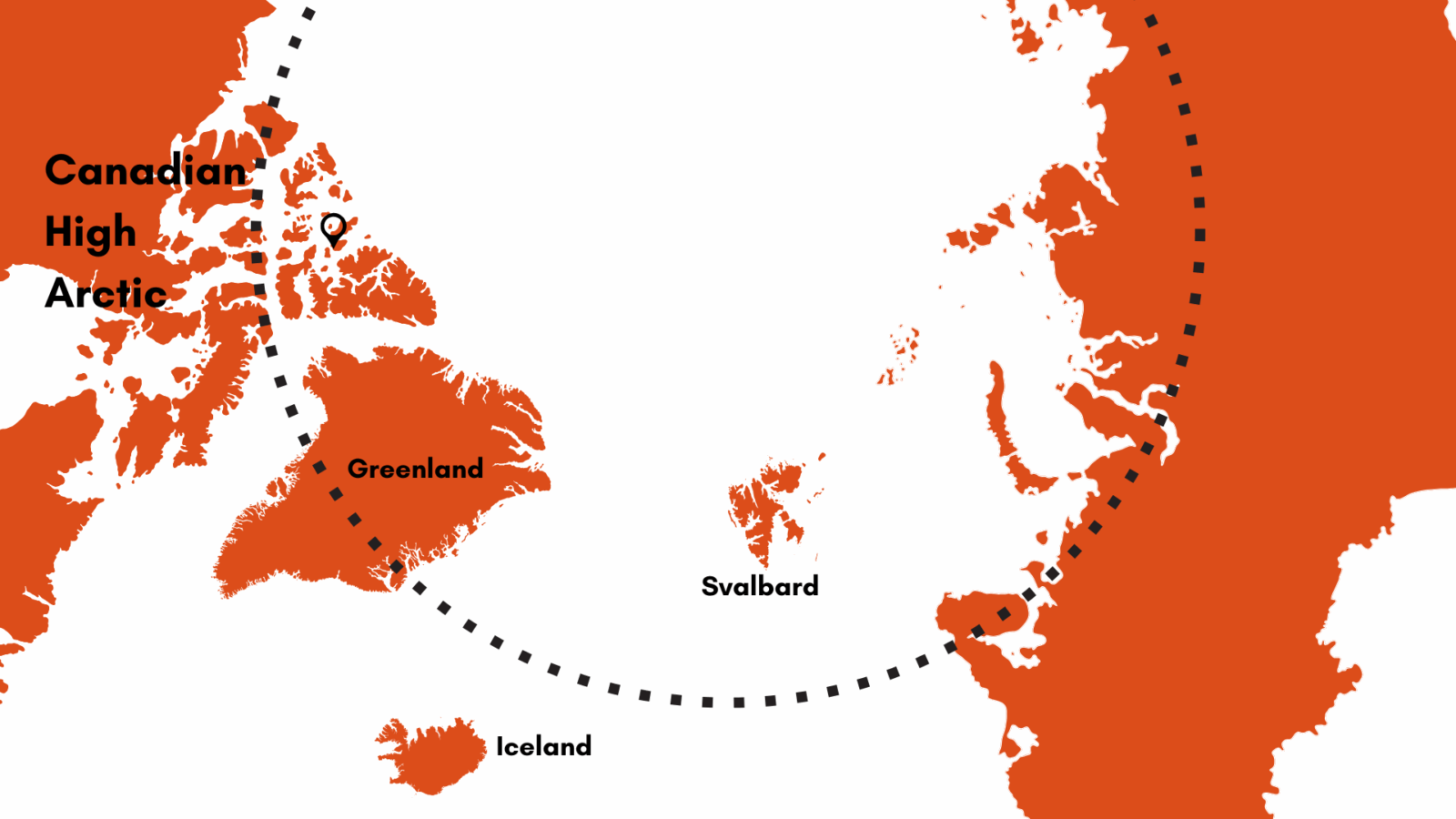
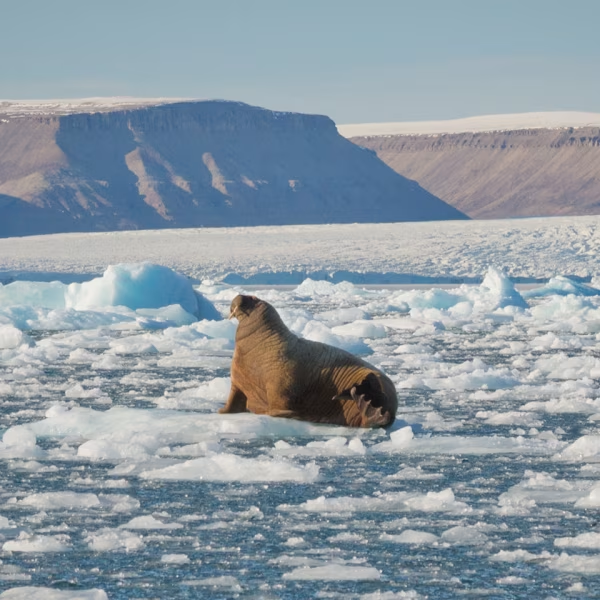
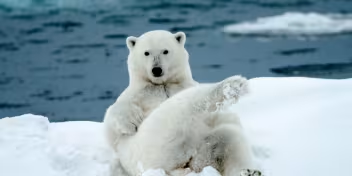
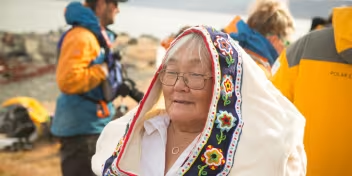
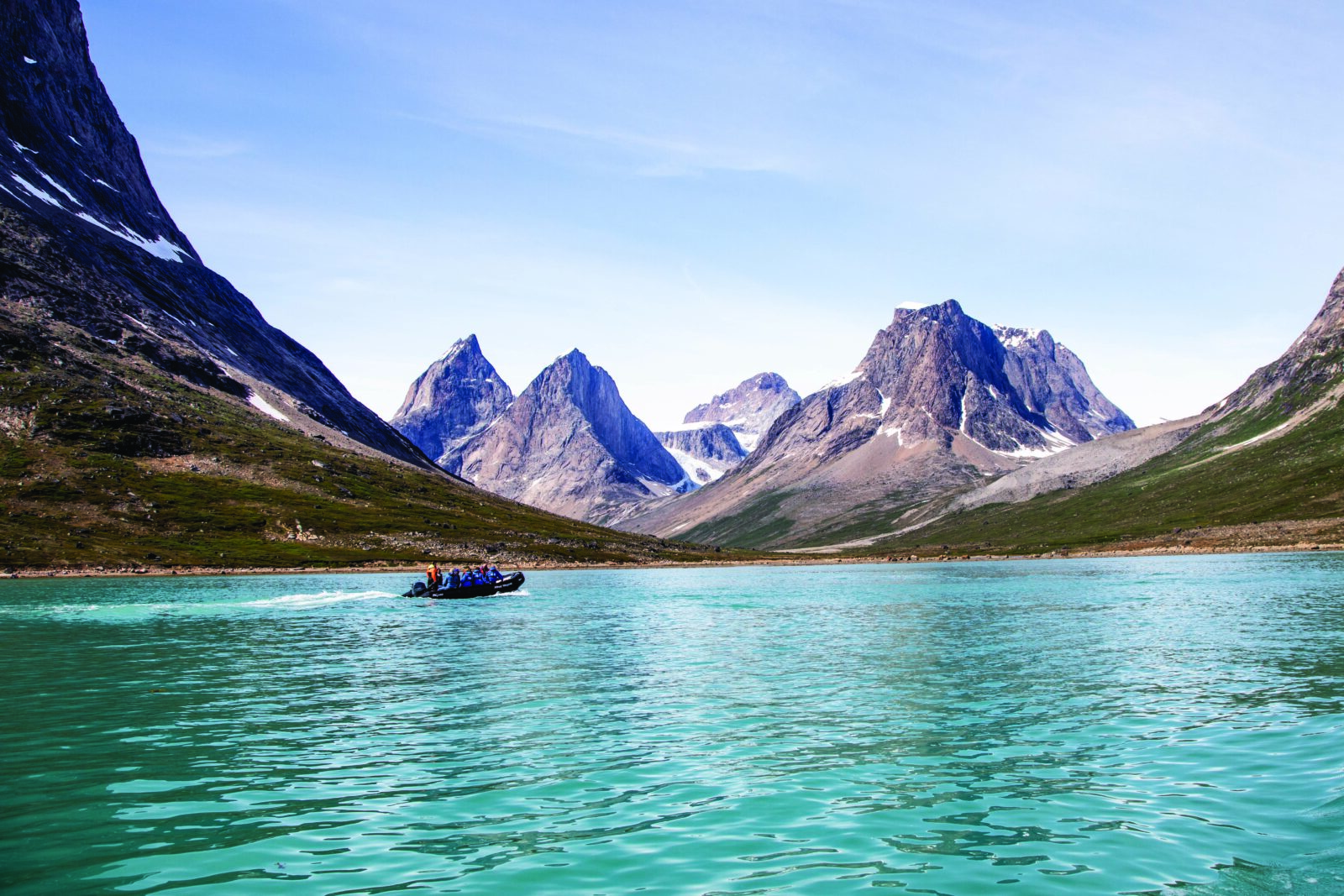
Location Highlights

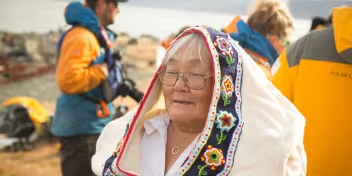
Northwest Passage
Retrace the historic Franklin Expedition and uncover tales of exploration in the Canadian High Arctic. During the summer months (July to September) the Northwest Passage is a journey through time but also a voyage through some of the most pristine wilderness in the world.
Inuit Communities
Amidst breathtaking landscapes, vibrant indigenous communities dot the Canadian Arctic. Deeply rooted in the land, with rich histories, they welcome you into their communities to share their customs, cuisine and ways of life.

